Busyness Lies to Us
How are you spending your days? Your weeks? When is the next open day on your calendar? I’m talking about a day free of activity, wide-open for a spontaneous coffee date with a friend, begging for an impromptu trip to the farmers market. If it’s two weeks from next Saturday (or longer), we have a problem. The things of life – work and family and the must-do’s of every day – consume the majority of our hours, while errands, social commitments and extracurriculars slip down into the cracks and crevices, filling the space between. You are not alone if your calendar is overflowing with good things. Celebrate the good things, be grateful for them, just don’t resign yourself to believing this breakneck speed is the only way.
Annie Dillard’s words resonate: “How we spend our days is, of course, how we spend our lives.” The most important question is not, “Am I spending my life on good things?” but rather, “Am I spending my life on the best things?”
Why do we wear stress, busyness, and anxiety as badges of honor? When people ask, “How are you?” we breathe a heavy sigh before answering, “Busy!” as if we are human “doings” instead of human “beings.” No longer is “How are you?” an invitation for personal connection. Instead, we compare notes to confirm we are on the right track: if you are busy and I’m busy, we must be doing something right. But are we? After a while, the hurried pace endorsed by our culture feels normal. The pressure to go faster and do more plays like white noise in the background of each moment, to the point we grow so accustomed we forget it’s there. In our rare quiet moments of solitude, we long for breathing room and rest but we are too busy to find either.
Is “busy” the adjective we’ve chosen to summarize our lives or a default setting we aren’t sure how to undo? Is “busy” the legacy we want to leave? Is “busy” the response we want our children to repeat when someone asks, “How are you?” (You know children hold up a truth-telling mirror of our lives as they eventually repeat everything we say. Everything.)
I cannot answer these questions for you, but I’m responsible for answering them for me. These are not easy questions because I’m comfortable with “busy.” In my most natural state of being, I lean toward an all-out workaholic. I love work. I’m successful at work. I struggle having “just” a hobby because every hobby feels like an unrealized business possibility (I’m told this is common for Enneagram 3’s). For as long as can remember, I’ve equated busy with valuable. I’ve been celebrated and applauded, even rewarded, for the sacrifice of long hours and sleepless nights by well-meaning bystanders, and I confused those accolades with truth for far too long.
I’ve come to terms with an ugly reality: busyness almost always lies. It’s tried to convince me of all manner of ridiculousness, such as:
A full calendar means I’m productive, valuable, and needed.
People will be upset if I say “no” (and I don’t like to make people upset…so…)
I can’t say no.
If I pass on this opportunity, it may never come again.
I can sleep when I’m dead.
If we were sitting together over coffee and you confessed to believing these lies, I’d have a quick answer to refute each one. Yet, I’ve lived as if they are true.
Does life really have to be this way?
Go ahead and turn up the volume for this answer: NO.
It’s not so much what’s consuming our calendars, it’s more about what’s consuming our hearts. What’s consuming our hearts overflows onto our calendars. Left unchecked, busyness chokes out what’s most important and most eternal. In John 15, Jesus declares we’ve been chosen and appointed to bear fruit, specifically “fruit that will last.” In other words, it’s possible to be very busy and productive producing fruit destined for decay. I’d like to invest in what lasts. What about you?
A few years ago, life came to a screeching halt when my body sent a clear message: “Enough is enough.” I’ll spare you the messy details and summarize by saying my life and schedule had to change so I could get well. I zeroed out the calendar. Sleep became the number one priority out of pure necessity (7:00pm bedtime anyone?), and “No” became my most frequent response to invitations and scheduling requests. You know what? My identity didn’t fall apart, people didn’t seem too disappointed, and while those exact opportunities may never come again, there’s more where they came from.
Everything seems so nonnegotiable until it’s not. Months later, when I started adding to my routine, a lot of what had been temporarily cut didn’t make it back in. I didn't quit my job, sell all of my possessions, or run away, but my approach to prioritizing my life shifted. Rather than spending my “yeses” as if they were in endless supply, I spent my precious few carefully, embracing the simple economic principle of opportunity cost: saying “yes” means “no” to something else. No more piling a bunch of yeses on top of each other.
If you look at my calendar today, there’s little whitespace, but not for the reasons you might think. I’ve given almost every minute a name, even if the name is “Rest” or “No Appointments.” Instead of working against me, my calendar now works for me as a tool to tame the busyness. today in the days to come. It costs nothing, but you do need to register.
I’ve had front yard conversations with my sweet neighbor from across the street. I’ve taken unplanned walks with my family (as evidenced by the above image). I’ve hosted people for dinner, and I’ve stopped by to have coffee with my parents. I’ve had time for impromptu prayer times and coffee dates. I’ve said unapologetic noes and some really fun yeses.
I’m so far from perfect, though. Please be encouraged. My old habits of overcommitment resurface far more than I’d like, but I see them for what they are. Sometimes I let busyness go too far, but I recognize the warning signs more quickly now, and I’m not afraid to recalibrate my attention and my schedule.
If we see each other soon and you ask me how I’m doing, I’m certain you’ll get more than a one-word answer.


